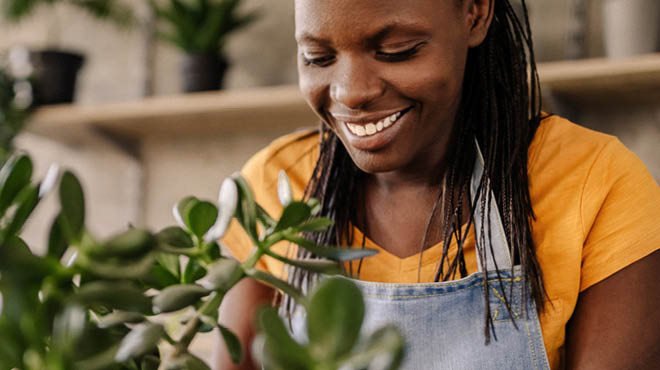Recent Posts
Resilience: Prepping for a busy holiday season

During the holiday season, it is easy to get caught up in the stress and chaos that can accompany this time of the year. Already demanding lives become even more hectic as additional shopping, cooking and spending combine to add even more anxiety. For most people, the result can be overwhelming.
What if there was a way you could plan ahead to counter the stress? Start with identifying the issue. Note the busyness of the season is coming despite the best desire to avoid it. Next, remind yourself of times when you overcame difficult. Build on this by broadening the sense of your abilities.
Make a plan for the holidays
Instead of planning to de-stress from the inevitable, try to embrace the hectic holidays by prepping for a busy holiday season. Helpful tips can make this holiday season the most relaxing and enjoyable yet.
Practice holiday resilience by asking yourself these questions:
- What resources do you need to feel confident about facing the upcoming fall/winter season?
- Who will support you when needed?
- What do you want to think about when facing the upcoming seasons?
- What would you like to remember about this season after it's done?
- If you knew this was your last fall/winter season, what would you prioritize?
- What barriers to joy and happiness will you face during the upcoming months, and how can you overcome them one by one?
Overcome challenges with positivity
Learn how to stay ahead of holiday stress and see it as a challenge rather than a threat. Consider this a marathon and not a sprint. Practice slow, steady movements to approximate your desired behaviors and thoughts over time.
Along the way, expect the unexpected, as life rarely goes as planned. Allowing yourself flexibility in thinking and planning can go a long way toward fostering good health and well-being.
Try to view upcoming challenges as manageable based on your resources rather than a threat that must be changed or avoided. This builds up emotional and cognitive resources to assist you in facing those challenges. Create a list or a mental tally of the things you like about the season. The list may be short, but you can focus on these when times feel challenging.
Over time and with practice, you can strengthen your emotional muscle and find that challenges get easier. Remember to think positively. For instance, if you tell yourself that today will be a bad day, you're more likely to experience a negative mood and feel overwhelmed. Instead, tell yourself that today will be a hard day, but you've tackled problems more significant than this in the past. Small changes matter and allow you to better prepare for the upcoming holiday season challenges.
Lisa Hardesty, Ph.D., is a clinical psychologist in Psychiatry & Psychology in Mankato, Minnesota.






